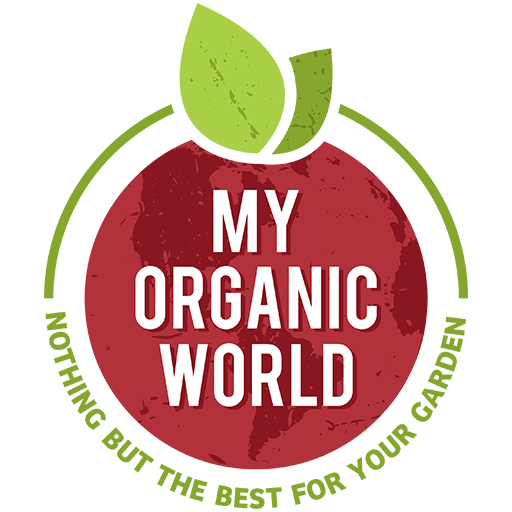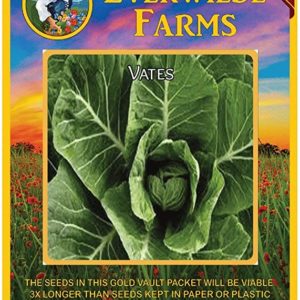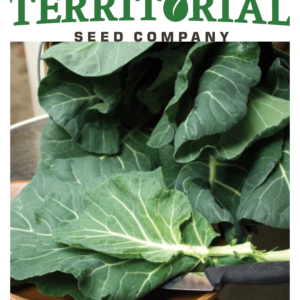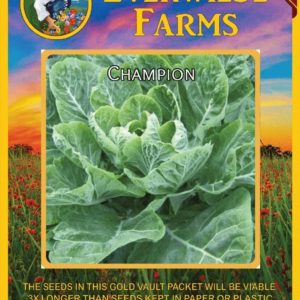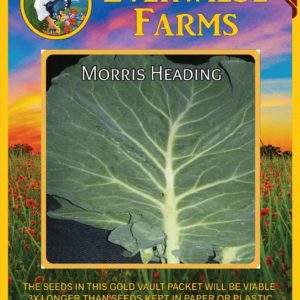Brassica oleracea, Acephala Group Collards are among the best vegetable sources of vitamin K. This nutrient is said to limit neuronal damage in the brain, aiding in the prevention, or delaying onset of Alzheimer’s disease.
Days to maturity are calculated from date of direct seeding.
Culture
• Collards are a cool-season crop that performs best in spring and fall
• In wet climates, ensure adequate plant spacing to reduce pest and disease issues
Direct Sowing
• Cover seed with loose soil, vermiculite, or sifted compost and water evenly
• Sow June—July for a fall crop
Transplanting
• Start indoors 4-6 weeks before anticipated transplant date
• Work in 1/2 cup of TSC’s Complete fertilizer around each plant
• Start May—July for transplanting June—August for a fall crop
Insects & Diseases
• Common insects: See Brassica Insect Information below
• Common diseases: Leaf spot, black rot, fungal diseases, mold, mildew, club root
• Disease prevention: Dispose of diseased material, proper crop rotation of 3-4 years, apply Greencure® for mildews
Harvest & Storage
• Harvest leaves from the bottom up at any size
• Cool weather and frost brings out best flavor
• Store at 36°F and 95% relative humidity
